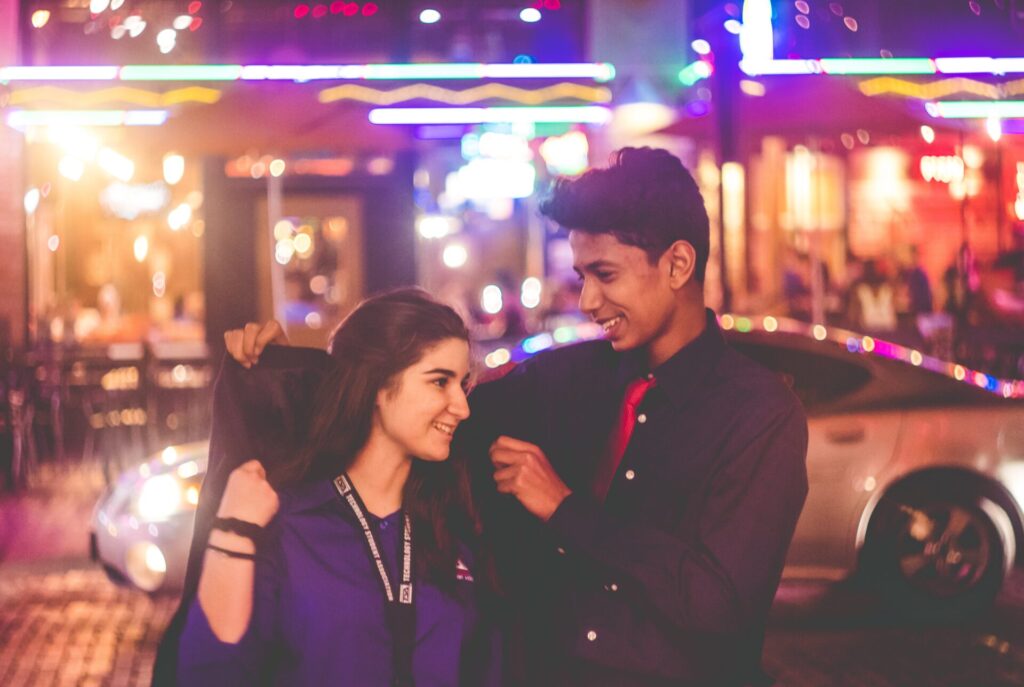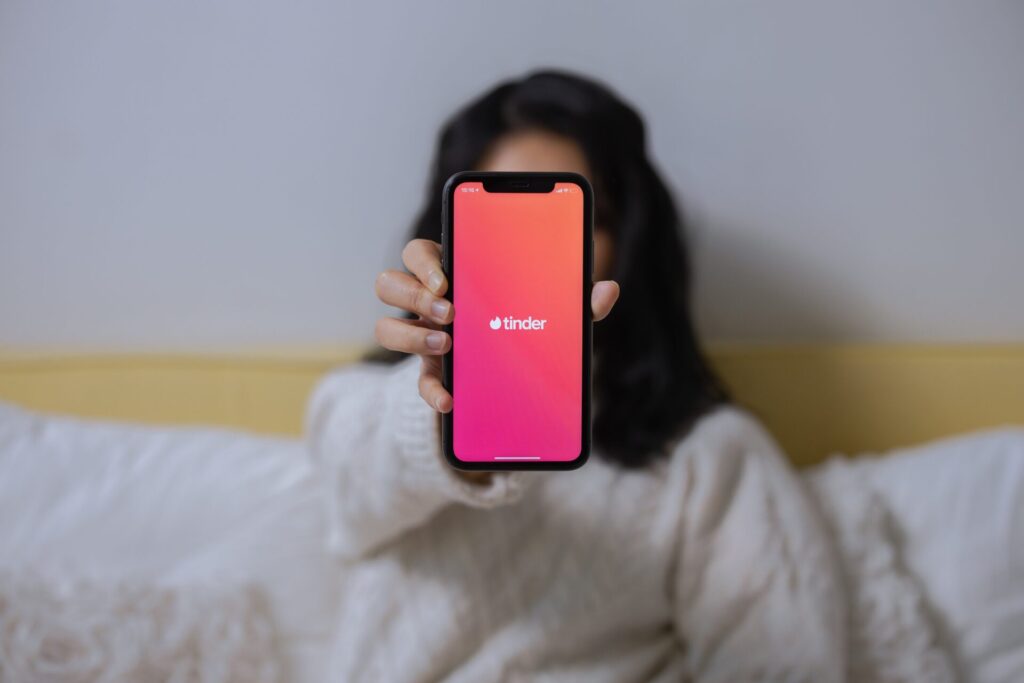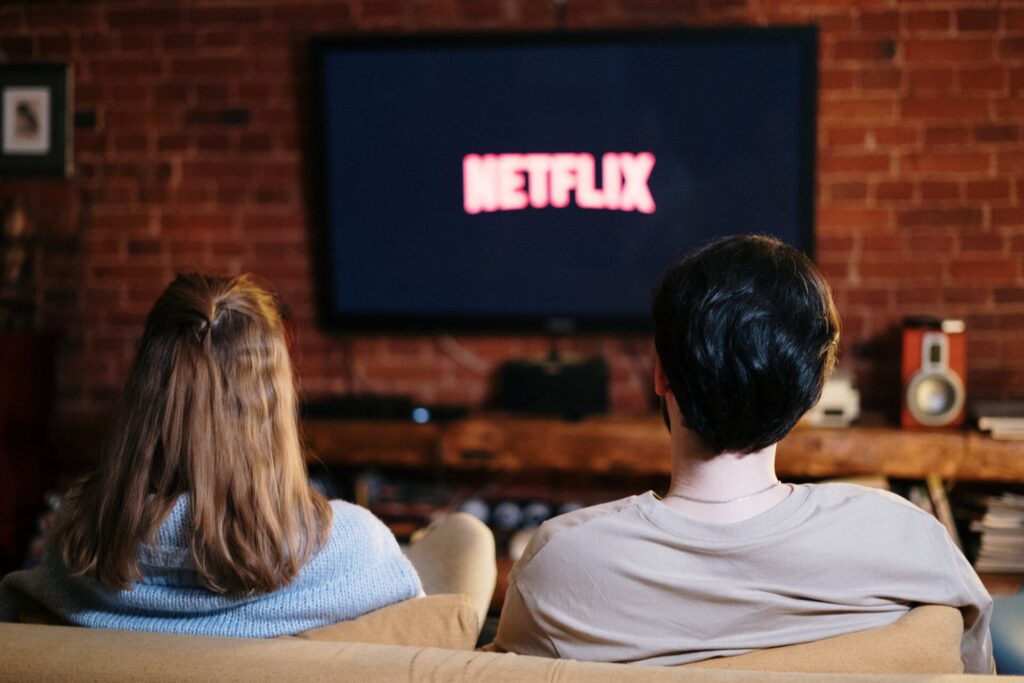Blog
Gen Z relationships: a glimpse inside campus dating culture
Dating redefined – or is it?
Despite their propensity for bucking trends in all areas of life, there’s something quite traditional about Gen Z dating. According to Archrival, 73% of Gen Zs want to do the big milestones with their partner – dating, engagement and marriage. It goes without saying that Gen Zs have carved out more freedom for themselves when it comes to expression of their sexualities, embracing non-binary gender identities as well as queer relationships. The freedom that Gen Zs have to express and explore love is undeniable – but that doesn’t mean they’re turning their backs on the traditional pathways of love. In fact, according to Hinge, Gen Zs are 30% more likely than Millennials to believe there is just one soulmate for each person.
There’s an argument that things like marriage, kids and home ownership (in whichever order you like) are more intriguing to this generation because the preceding one has had to compromise so heavily on this white-picket-fence dream. Gen Zs have watched their older Millennial siblings struggle to get on the property ladder, or get married in ceremonies shrunk by Covid, and – as is customary from one generation to the next – they want the opposite experience.

This has actually created an unlikely world – one where many radical, boundary-pushing Gen Zs just want to settle down in a stable family unit. Certain relationship-focused TikTokers – such as the 22-year-old Nara Smith, married to fellow model Lucky Blue Smith – have made their names creating content that depicts a very clear nuclear family.
Smith’s stay-at-home-mom video content – mainly focused on her creating elaborate meals from scratch – attracts defenders and critics alike. “They could never make me hate you, Nara”,’ is a frequent comment of note, often outranking Trad-wife accusations and mild joshing about her childrens’ unusual names.
And while some criticise the gender dynamics at play in this type of content, there’s a clear skew towards sensibility among Gen Z daters that underpins their preferences here. Gen Zs are even factoring stability into their early dating lives – as evidenced by the V-Day launch of a dating app that allows you to check out potential partners’ credit scores.
From situationships to soft launches
There’s perhaps another reason why Gen Z students are so keen to idolise the white-picket-fence dream. Public discourse suggests that many young daters are getting mired down in “talking stages” or “situationships” – and struggling to propel themselves past these grey areas. According to Hinge, 57% of Gen Z hinge daters have kept their burgeoning feelings for someone quiet because of fears it will be a turn-off.
Situationships have been simultaneously heralded as a brand-new approach to flexible dating, and criticised for locking partakers in an eternal “will-we, won’t-we” territory. But – as Gen Z are at the forefront of this new terminology – it could well be that they’ve just not collectively figured out how to get to the next stage yet. All in good time…
Anti-dating – or just anti-app?
Apps are as ubiquitous to the Gen Z student dating experience as meeting in a bar, or being set up by a friend. It’s become such a foundation of Gen Z romance that the current app frontrunner – Hinge – has coined an entirely new term to encapsulate how Gen Zs date digitally. Digital Body Language (or DBL) is “the non-verbal subtext of digital interactions, such as emojis, punctuation, message length, and response time”. As a digitally-native generation, Gen Z know they have no excuse when it comes to DBL – and they’re on the lookout for markers of it in their interactions, too. 69% rely on it to decide if they want to commit to a date.

On campus, too, dating apps are a feature – Tinder even has its own in-built university feature, Tinder U – but there’s a growing resentment among Gen Z towards dating apps in general. Swiping is, they argue, gamified, expensive, and often never leaves the boundaries of the app in question. In fact, 79% of US-based college students are foregoing dating apps in favour of meeting people in person. There’s a common narrative thread that the micro-communities created by dating apps have been made unrecognisable in the wake of COVID.
This is, of course, one area where Gen Z students have an advantage. 16.3 hours are spent on campus in the typical week, rising to 25 hours for first-years. This really does increase the prospect of the meet-cute.
New attitudes to sex
Gen Zs are also conducting their sex lives differently to predecessors. For instance, there’s a growing hesitancy among users of hormonal contraceptives, with former users turning their backs on the pill and its compatriots as a result of its side effects. We largely have social media to credit for this – TikTok has become a hub for analysis when it comes to hormonal contraception.
In spite of having long-term dating goals that skew on the traditional side of things, Gen Zs are embracing hookup culture in the short term. For Gen Z, fluidity and informality are the markers of sex. But there’s still a lot of learning to do – and uni can, and does, facilitate. Many universities now compel students to embark on consent courses, so that everyone enters this period of sexual experimentation with the same levels of understanding. In theory, this means Gen Z students are more clued up on boundaries and legalities than previous generations – but of course, it remains to be seen if this will play out in practice.

Certainly, one gateway to understanding Gen Z students’ sexual attitudes comes via their media consumption – and they’re certainly adept at understanding when sex in the media is problematic or gratuitous. The majority of Gen Z students in a recent study conducted in California said that they wanted to see less sex on screen – and anecdotally, TikTok is packed to the gills with commentary on why certain Gen Z-coded shows like Euphoria are problematic in their sex depictions. It’s a sign that Gen Z students are creating their own kind of youth culture – one in which sex does not serve as the backbone.
Ultimately, though, we can safely say that sex just isn’t the be-all and end-all for Gen Zs. According to Archrival, 60% of Gen Zs would rather give up sex for a month rather than their streaming services. So when it comes to Netflix OR chill, they choose…. Netflix.
Dating and spending
Gen Z students are in a mindset where everything is new, exciting and maybe a little nerve-wracking. This is perhaps truest of dating – after all, is romance not one of the most over-analysed and over-hyped aspects of our culture? This is only compounded by the fact that 44% of Gen Zs have little to no dating experience – they’re going in blind.
But for those who do make it out on the town with a potential significant other, Gen Zs are – in true fashion – doing things differently. Gen Zs are more likely than their older counterparts to be sober – 28% don’t drink alcohol at all, according to our research, and 43% drink but only on special occasions. Is a date a special enough occasion? Apparently not. One in three Gen Z daters have no drinks on an average date. In fact, anecdotally, some Gen Z students describe meeting their partners via shared niche interests rather than liquid courage – such as within societies. One Gen Z student, interviewed in the Guardian, describes how “a lot of my friends have found relationships this way” – and credits her own four-year relationship to a meeting at Musical Theatre society.
For students, dating is another piece of a massive jigsaw puzzle that’s still in progress. Many of their relationships are new at this time – romantic or otherwise – and they’re still figuring out what works for them and what doesn’t.

And yes – Gen Z students have had to compromise financially on some elements of their lives, which of course stretches to dating. 91% of Gen Z students told native that they are affected by the current cost-of-living, with common impacts including a reduction in spend on luxuries (one in five) and switching up brands they shop from (12%). So it’s not all roses – more likely carnations – in this economy.
That said, dating does inevitably lead to spending – whether that’s from time spent out and about, gifting, food and drinks, or even a new fit to impress somebody. Students may be on a budget – but they are also at a time where connection and community are a clear priority.
And for Gen Z students who consider gifting to be a love language, there are a few purchases that you can expect to see flitting around campus. Traditional gifts such as fragrance and lingerie sit alongside some wild cards – like hot sauce, scooters and Sambas – in this Tab V-Day roundup.
Connect with a generation that’s doing things differently – sign up to our newsletter to get the monthly lowdown on Gen Z students.